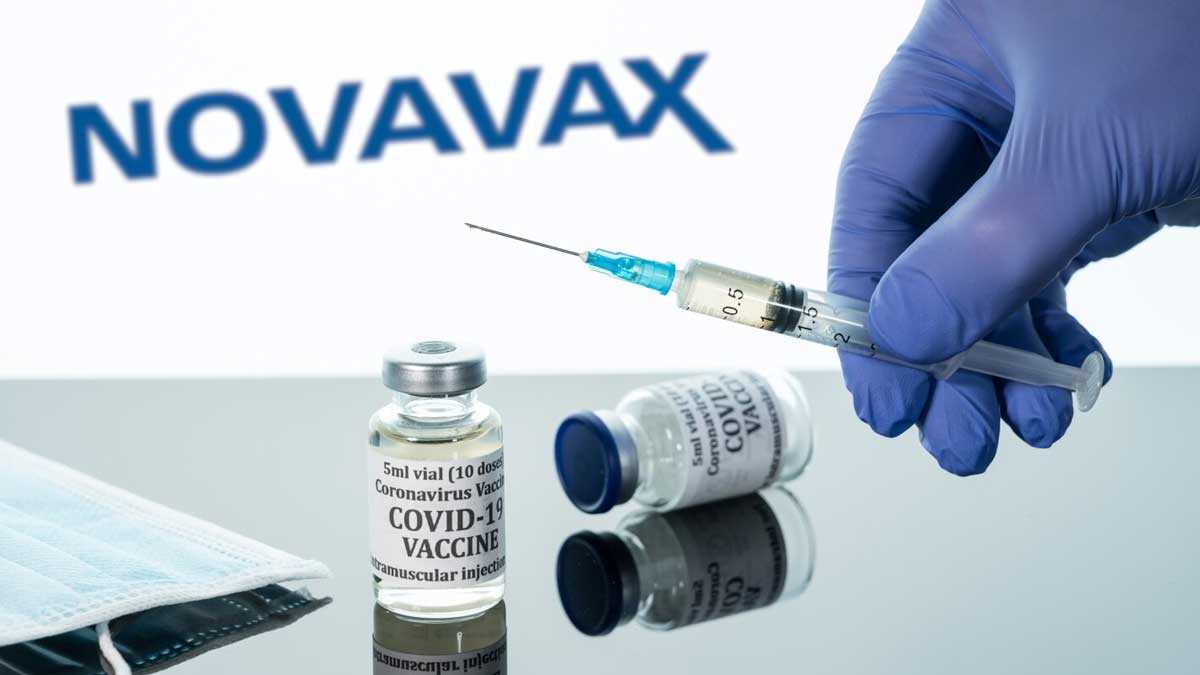The World Health Organization has approved a COVID inoculation prepared by US pharma giant Novavax for emergency use when the European Union medicines controller gave it the green light.
The European Medicines Agency had evaluated and accepted Nuvaxovid on Monday.
It has been prepared from a more traditional technology than others previously approved, which has directed officers in Brussels to show hope that this will help encourage those doubtful about vaccination to come forward.
Moreover, the vaccine uses a conventional technology including proteins found on coronavirus spike proteins that activate an immune response.
Read more: Novavax vaccine shows strong protection against Covid-19
It involves tried and tested methods, employed for decades to inoculate people against diseases like hepatitis B and whooping cough.
Besides, this vaccine also opens the gate for them to arrive at the Covax global vaccine-sharing scheme, established to give justifiable access to doses across the world and mostly in poorer countries.
The two-shot Nuvaxovid injection is the 10th vaccine released an EUL by the UN health agency.
It was approved on December 17.
Novavax jab 90% effective
Similarly, reckoning on the list is the mRNA vaccines made by Moderna and BioNTech/Pfizer, Johnson&Johnson, AstraZeneca, the Indian-made Covaxin, and Chinese-made Sinopharm and Sinovac.
However, Nuvaxovid was about 90% operative at decreasing suggestive cases of COVID-19 in two main clinical studies, one in Britain while the other in the United States and Mexico, including over 45,000 people.
In another article of WHO under the name Strategic Advisory Group of Experts on Immunisation suggested the new inoculation for use in people above the age of 18, having an interval of three to four weeks between the two doses.
“The vaccine should not be administered with an interval of fewer than three weeks,” it warned.
Additionally, the vaccine can be reserved at refrigerated temperatures between two and eight degrees Celsius, providing it a logistical benefit in difficult-to-access areas over the mRNA vaccines, which have to be stored at ultra-low temperatures.





















